Heatwave Saftey
Heatwaves are a dangerous phenomena. There has been fatalities from this weather condition in the past.
June 18, 2021
When summer rolls around, it is the time for sand, sun, and fun! With sun comes heatwaves. Heatwaves are dangerous at any life stage and can come unexpectedly, so put on that sunscreen and get ready for some safety tips.
In general, heatwaves happen in the Summer, where the temperatures tend to warm up after the spring season. Heatwaves can occur for many reasons, whether it is changes in pressure, humidity, or cloud cover. Humidity can worsen heatwaves. Humidity is the amount of water vapor in the air. According to the National Weather Service (NWS), humidity causes the air to hold more water vapor which slows down the sweat process, and makes it feel hotter outside. The Urban Heat Island Effect can cause problems too. According to the Environmental Protection Agency (EPA), the Urban Heat Island Effect is why cities are hotter than suburban or country areas. In a suburban or country area, heat gets trapped in the ground, but the ground radiates it back. Trees in the area will go through the process of evapotranspiration (evaporation off the leaves). It cools the air around it since there is less water vapor in the air. In the city, however, the concrete roads and sidewalks absorb heat instead of radiating it back, so it heats up the air around the area. In the city, there are also less plants so the water vapor tends to stay around longer, causing the humidity to be hotter. Understanding how heatwaves work is a good start, but there is more than to just knowing how they work.
There are more serious topics when it comes to heatwaves, but it is a good idea to start with the basics. Always check the weather forecast ahead of time to see when to expect a heatwave. When a heatwave arrives make sure to wear less layers of clothing that are lighter in weight. If it is too hot outside, it is best to stay inside unless it is absolutely necessary. Going to a pool or beach to stay cool is a good idea, just wear sunblock. Hydration is also important. Many believe that any drink can hydrate the human body, but that is a common myth. Alcohol, coffee, and soda all have ingredients that cause dehydration. It is better to stick to water, lemonade, electrolyte drinks, ice cream, or ice pops. Overall there are basic steps to staying safe during the week of hot temperatures.
However, this weather event can take a turn for the worse. Multiple degrees of sunburn, power outages, heat stroke, and hot cars are all dangers that can happen when the temperatures are high. When this weather event usually happens, most people are running their air conditioners full blast. This piece of equipment takes up a lot of electricity and this commonly leads to power outages. On hot days, these outages can become fatal if generators are unavailable. According to Norwall Power Systems, go to the lowest floor of the building since cold air sinks, wear thin, loose, and light colored clothing, avoid dark and heavy clothing, and drink plenty of water. Do not wait until thirsty to drink water. Also check on elderly neighbors, since their bodies cannot handle high temperatures. If outside, stay in the shade and make sure sunscreen is applied. Sunburn can cause skin cancer, and can vary from first to third degree. For all the different sunburn types, hydration and getting inside is the most important. For first degree (Redness) sunburn, use cool cloths or shower and use moisturizer or ointment (Aloe Vera). For second degree (blistering) sunburn, follow the same rules, but if it is large, seek care, look for infection and do not pop the blisters. For third degree (Blacken skin/numbness) sunburn, immediately transport the person to the hospital or emergency room. Along with skin dangers, heatwaves can also cause other illnesses such as heat exhaustion, heat stroke, and sun stroke.
Heat Exhaustion (overheating): Common signs are dehydration, excessive sweating, and tiredness.
Heat Stroke (most common): Common signs are no sweat, dizziness or confusion, body temp of 104F or
higher, and lightheadedness.
Sunstroke: Common signs are body temp 105F, weakness, dizziness, and sunburn.
The last thing to be prepared for during a heatwave is seeing a child/baby and/or pet in a hot car. According to Injury Facts, on average there are 39 hot car deaths per year. The National Highway and Traffic Safety Administration (NHTSA) says if there is an encounter with a child/baby in a hot car, first check to see if the child is responsive or in distress. If so, call 911, and ask the dispatcher what to do. While emergency services are on the way, smash the car window furthest away from the child/baby, unlock the door and take the child/baby out and spray them down lightly with cold water. Ask someone nearby to go find the parent, and hand the child/baby to emergency services when they arrive.
If all these steps and tips are remembered, heatwaves will be no threat. Go enjoy the sun now knowing what is important.
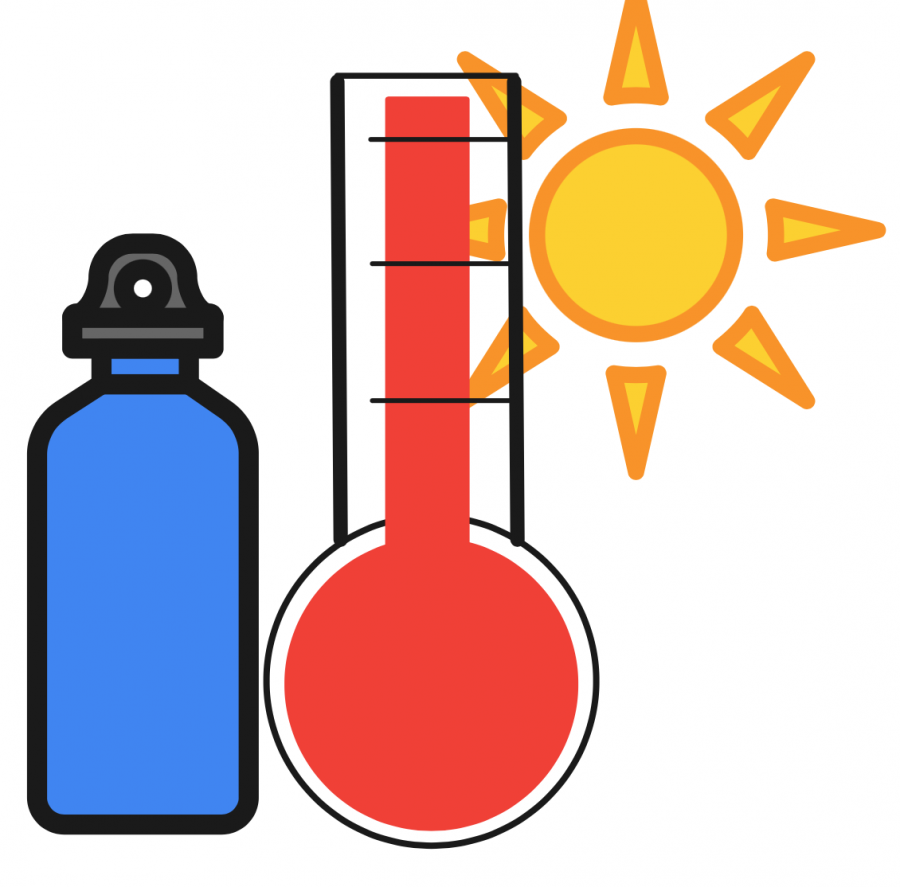

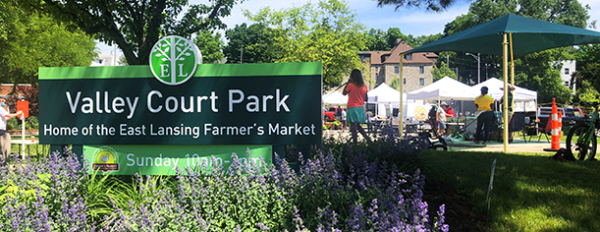
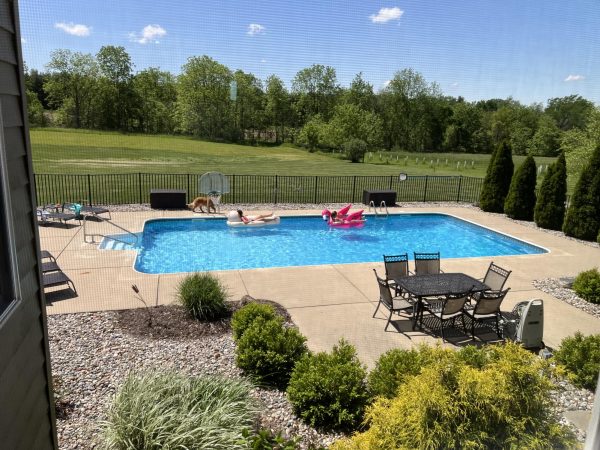


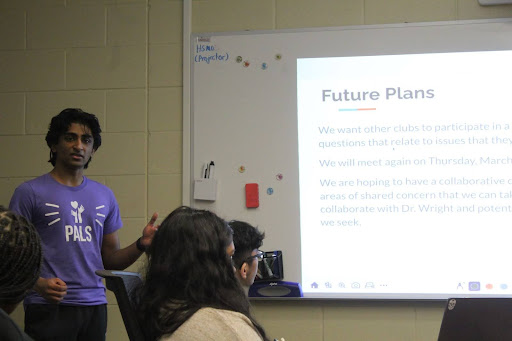
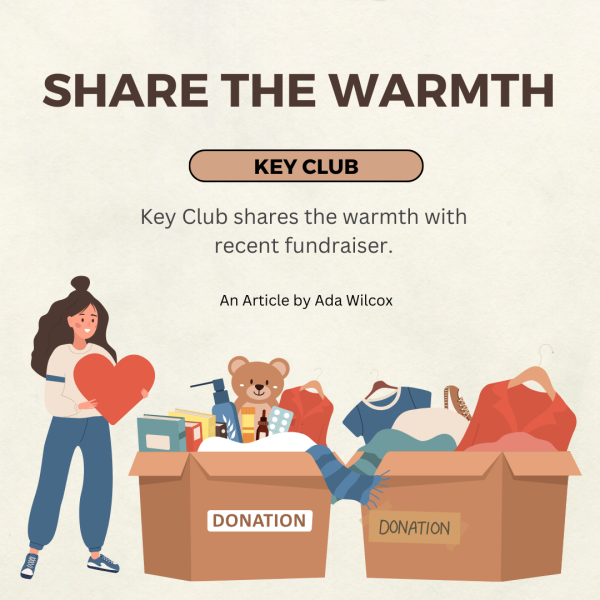

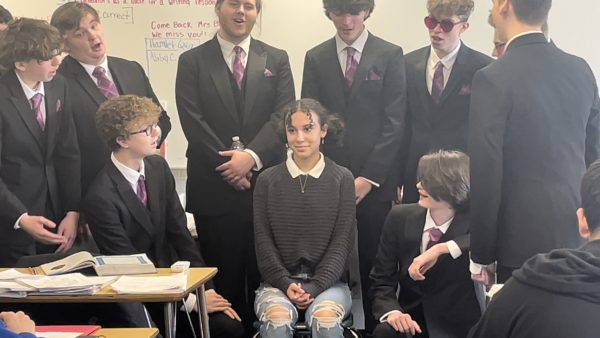


Marty Barlond • Jun 18, 2021 at 10:28 am
Good one. Lots of important information and instructions on what todo “in case”.